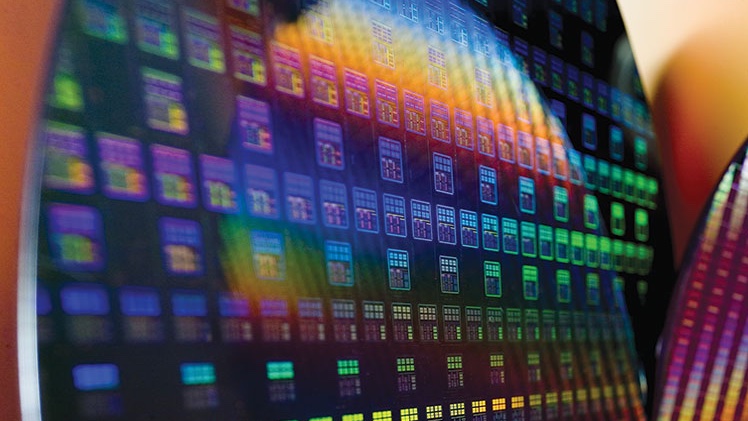TSMC unveiled its A14 chip-making process Wednesday, which is designed to increase the AI capabilities of future smartphones, among more general improvements. The Taiwanese foundry is perhaps best known for making all the processors for iPhone, Mac and other Apple computers.
A14 will follow the N2 process set to go into production later this year, and the A16 process scheduled for 2026.
TSMC A14 process makes faster, more efficient chips, of course
Apple designs the A-series and M-series processors in Cupertino, but they’re all produced by TSMC using technology the chipmaker develops. Mostly that happens in Taiwan, though an increasing number are made in Arizona. So when TSMC announced the A14 process at its North America Technology Symposium on Wednesday, Apple fans should pay attention to what it’ll offer, because it’s virtually guaranteed that those enhancements will benefit future iOS and macOS computers.
Naturally, TSMC‘s next process will enable chips to run faster on less power.
“Compared with the N2 process, which is about to enter volume production later this year, A14 will offer up to 15% speed improvement at the same power, or up to 30% power reduction at the same speed, along with more than 20% increase in logic density,” the chip-maker promised.
Don’t be confused because the numbers in each new TSMC process names sometimes decrease, not increase as one might expect. It reflects that the components in the chips being made shrink. The A16 process works with components that are smaller than the N2 process, and A14 will go even smaller.
TSMC expects to begin producing processors with the A14 process in 2028. “The current A14 development is progressing smoothly with yield performance ahead of schedule,” the foundry said confidently. The N2 and A16 come earlier, as previously noted.
AI hardware improvements
With so much attention being paid to artificial intelligence, of course TSMC mentioned that chips made with the A14 process will be better able to handle AI than earlier versions.
“A14 is designed to drive AI transformation forward by delivering faster computing and greater power efficiency,” said TSMC. “It is also expected to enhance smartphones by improving their on-board AI capabilities, making them even smarter.”
That’s critical for Apple. Unlike so many of its rivals, it runs its AI models directly on user devices for security and privacy reasons, rather than sending all user data to remote servers. TSMC’s improving technology should benefit the Neural Engine built into A-series and M-series chips to handle local AI.


